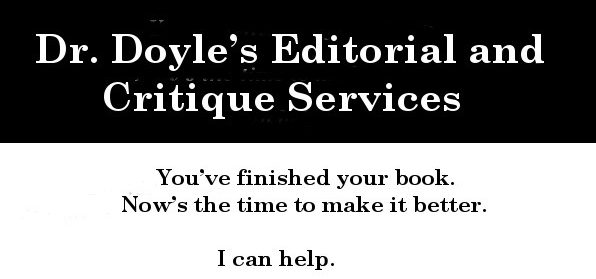The Walking Dead is, of course, the standout show of the current televised post-apocalyptic lineup. What makes it good is that the showrunners have discovered how to convince the American viewing public to sit still for an extended meditation on the various approaches to living a moral life – or at least surviving – in an imperfect world: For every so-many minutes of debate by the characters on morality and philosophy, throw in an equal or greater number of minutes of zombie-smashing and gunfire. The genius lies in the show’s ability to determine just how long viewers will sit still for philosophy before a zombie needs to shamble up out of nowhere and go rarrrgh! (Also, they have figured out that philosophy is a lot more palatable when coming from bikers with biceps. Which is probably a sentiment that Plato could have understood.)
Fear the Walking Dead is a limp noodle by comparison, mostly because all of the characters are operating on a stupidity level that makes me wonder how they survived before Southern California started sliding downhill into chaos. You know that things are bad when the junkie older son of the viewpoint family is one of the few people exhibiting sporadic flashes of intelligence and common sense. (Oh, and Ruben Blades is doing a thankless job of portraying the only other character with more depth than a wading pool. I hope it leads to better roles for him in better shows.)
But the show that I have a sneaking fondness for is the post-pandemic-apocalypse drama The Last Ship. It doesn’t have the groundbreaking quality of The Walking Dead, nor the trainwreck-in-progress morbid fascination of Fear the Walking Dead. What it does have, though, is a refreshing change from the usual Hobbesian post-apocalyptic universe, where all it takes is a couple of weeks without hot water and electricity for the world to collapse into a war of all against all that’s fit to warm a social Darwinist’s heart. In The Last Ship, people aren’t just taking the breakdown of civilization-as-we-know-it passively. They’re all working, in their different ways, to restore order and government and the social contract. Hell, even the bad guys on the show are trying to do that thing — they’re just doing it wrong.
And frankly, I think that for all the tempting darkness of the Walking Dead future, the idea of people banding together and striving for the restoration of order is the more realistic vision.

